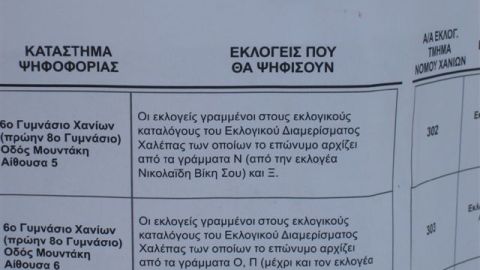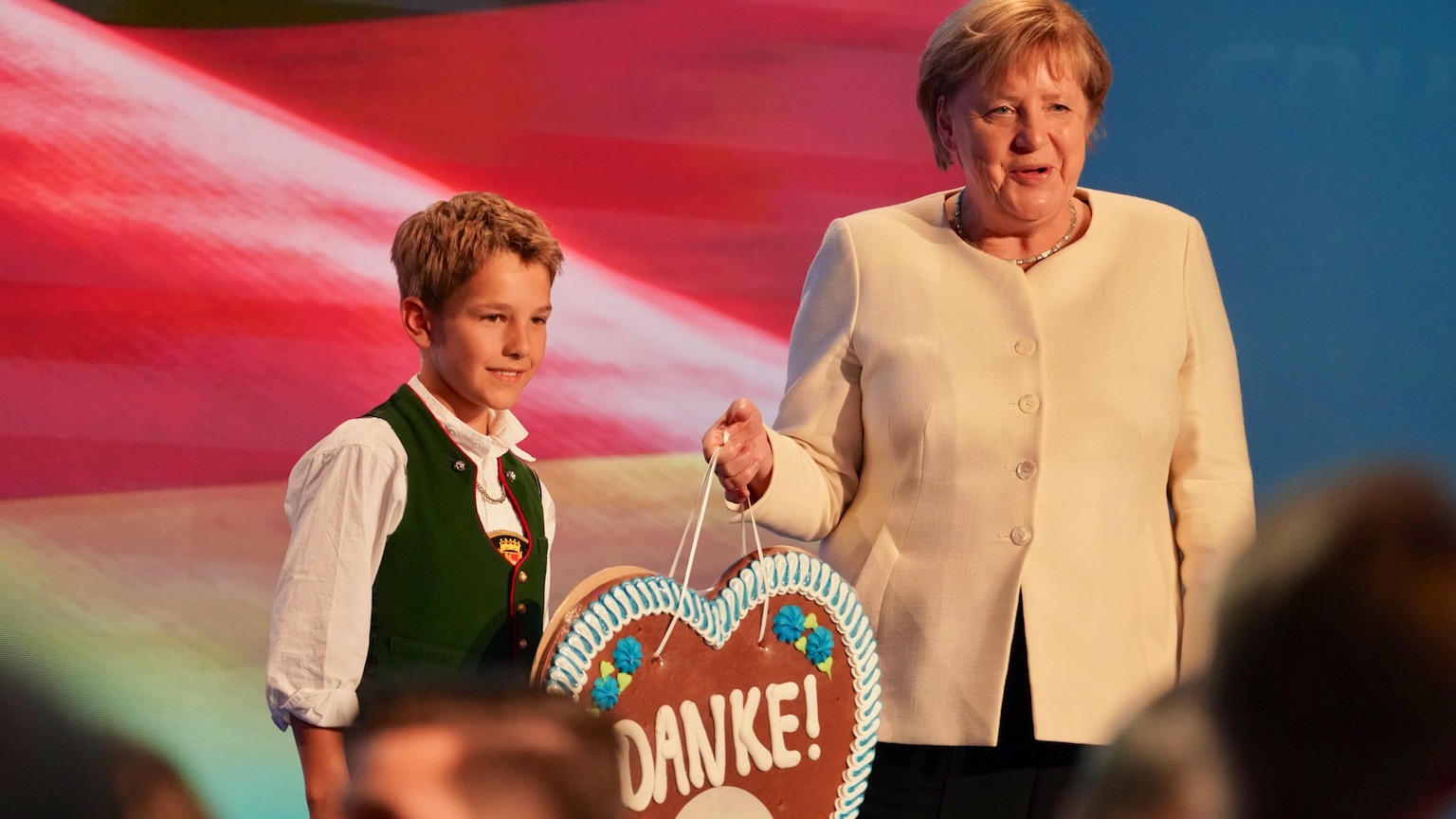Conversation on European Union June ’09 Election

“European Union takes turn right.” I don’t agree with this headline which I’ve heard and seen in English several places such as BBC and NPR.
In countries where voter turnout was low, right wing parties gained more seats. This commonly happens with low turnouts, unfortunately.
I also don’t agree with low turnout being a referendum on dissatisfaction with the European Union. The daily advantages of easy travel and purchasing between countries seems to already be taken for granted. The European Congress members seem far from daily worries. There is also a sense of passiveness brought on by the economic crisis. There is a sense of “I can’t change anything anyway so why vote!” Many people in Europe who have followed all the rules and done everything right to build a good future but still not feel they have many opportunities. The domino effect of the U.S. bank debacle only adds to the feeling of helplessness.
I always get excited about voting so I’m disappointed in the low turnout in so many places, but the citizens of much of Europe just didn’t seem excited about the election except in countries where there were national issues that entered the debate.
For example in Greece, the voter turnout was approximately 40%. Compared to most elections in the United States where less than 50% turnout is not unusual. But here there are other factors that affect turnout.
In the European Union elections over the weekend, Friday and Monday were not holidays as they are in other elections. (Elections here take place on Sunday so as many as people as possible can vote.) Greek citizens need to vote in the town in which they are registered usually their place of birth. With so many people moving to cities, especially Athens, those two extra days are needed for travel.
Greece moved a bit further to the left. The party of PASOK received the most votes. Here the debate for weeks has been about whether or not people would turn out to support or reject the PM’s party of New Democracy. Party leaders were often interviewed about the economy, farm subsidies, retirement benefits he Siemens scandal, a real estate scandal, and many other subjects important to citizens here.
One of the formal TV debates was set up with leaders from the five most popular political parties (about 27 political parties were on the election ticket in Greece), five journalists and the moderator (a news announcer/journalist). (News announcers here also do in-depth reporting and speak several languages.)
When party leaders were asked “Who will you send to the European Union Congress?” the most interesting answer to that question was from the Nationalist Party, Laos. The chairman answered the first person he would appoint would be a woman who had a strong background in ameliorating the relationship between Greece and Turkey. A surprising answer from a right wing nationalistic party, I think most people listening were taken aback for a moment. In general, this is an example that points out the uniqueness of each country within the Union and the different blurred meanings of right, center right, left, etc.
What happened in your country?





